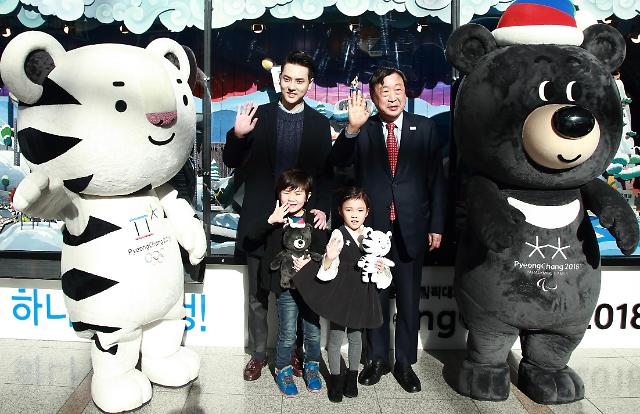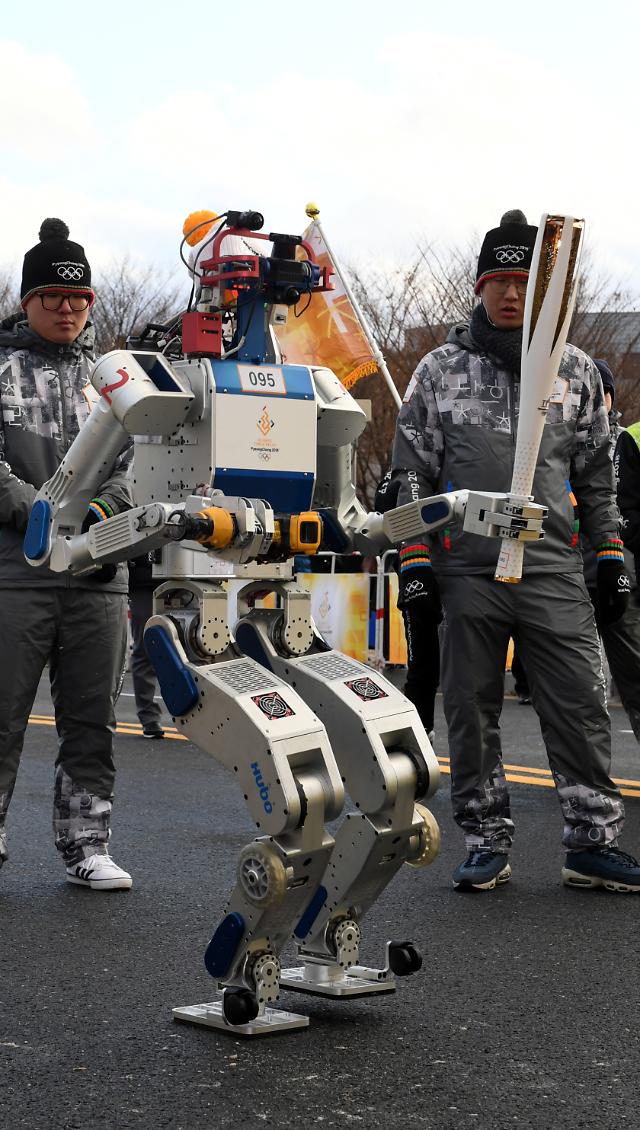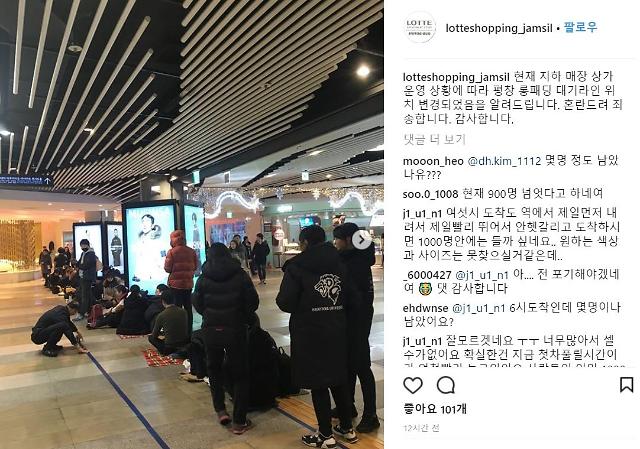
[Courtesy of the Pyeongchang Olympic organizing committee]
South Korean engineers are gearing up to debut a number of cutting-edge technologies and products, some of them unheard of, during next year's Winter Olympic Games set to take place in the nation's eastern alpine city of PyeongChang, its organizers said.
Athletes and visitors to various Olympic venues in PyeongChang, about 180 kilometers east of Seoul, and nearby areas will be able to experience a wide range of advanced technologies and products in the information and communications technology (ICT) sector designed to contribute to its successful hosting of the global sport festival, they said.
Nowadays, global ICT powerhouses have been vying to gain an edge in various technologies ranging from the fifth-generation (5G) network to Artificial Intelligence (AI), considered a key technology to realize some of the future growth engines in the industry.
South Korea's Ministry of Science, ICT and Future Planning has joined hands with local high-tech companies to use the country's first Winter Olympics as an opportunity to publicize the country's technological prowess.'
"The PyeongChang Olympics will serve as an opportunity to promote South Korea's outstanding ICT and related services overseas as it is a global event," said Kim Yeon-hak, a professor at Sogang University.
First, the Seoul government has been making aggressive efforts to launch 5G in time for the upcoming international sport event, which the government calls the "K-ICT Olympics."
KT Corp., a South Korean broadband Internet and mobile carrier, earlier released a plan to launch a trial service of the advanced mobile technology during the games. Under the plan, KT will install the network in PyeongChang, its neighboring regions and parts of Seoul as a test bed.
The network will undergo a stabilization process for four to five months before KT will begin offering the super-fast mobile network during the Februry 9-25 games. KT had originally planned to launch a full-fledged commercial service of the 5G network in 2020, but decided to delay the release by about a year.
"With a trial service in PyeongChang, the company hopes to expand its presence in the global 5G market," said a KT official who asked not to be named. The 5G network is expected to be 1,000 times faster than the existing long-term evolution (LTE) service, allowing users to download an 800-megabyte movie in one second, compared with 40 seconds on the LTE-Advanced network, currently billed as the world's fastest.
Major sports, such as ski jumping and snowboarding will also be filmed by 360-degree virtual-reality (VR) cameras, and will be broadcast on the 5G mobile communication. Also, KT will provide state-of-the-art services such as 360 degree VR that will provide realistic experiences to viewers enjoying sports games at home.
The Hologram Live service will also allow athletes to conduct interviews straight from the ski slope through holograms, letting viewers feel as if they were right in front of them.
KT, previously a state-run firm, has been providing network services for several key sports events, including the Seoul Summer Olympics in 1988 and the 2002 FIFA World Cup. Also, major local broadcasters will carry the games on ultra wide vision (UVW) screens and ultra high-definition (UHD) broadcasts.
A group of local cable TV operators has already started a pilot programming of UHD, but major television broadcasters are set to officially launch the service in Seoul and the surrounding Gyeonggi Province in February.'
An AI-assisted language translation service, co-developed by the Electronics and Telecommunications Research Institute (ETRI) and local software firm Hancom Interfree Inc., will also be available during the games.
"Genie Talk" is the automated translation application that can translate Korean into English, Japanese, Chinese, Spanish, French, German, Russian and Arabic. The AI translation platform is based on a deep learning framework that learns from millions of examples, company officials said.
"The accuracy of Genie Talk will improve as more data is accumulated over time and the machine teaches itself," said Kim Ga-bi, a Hancom official.
Since its launch, more than 2.2 million users have downloaded the mobile app which is compatible both with Apple Inc.'s iPhones and Samsung Electronics' Android-based mobile devices. The Seoul government will also provide Internet of Things (IoT) services in and around Olympic stadiums and venues.
The basic idea of IoT is to connect all objects to the Internet and give them the ability to identify themselves to other devices and people in order to exchange data for improved efficiency and convenience. Overseas visitors will be able to get information ranging from game schedules, accommodations, tours and shipping through their smartphones.
Autonomous buses manufactured by South Korea's top automaker Hyundai Motor and the Ministry of Land, Infrastructure and Transport will also make their international debut during the Games. The buses will be run on a trial basis on the opening day from Seoul and will serve as a shuttle throughout the Games.
(Yonhap)
Copyright ⓒ Aju Press All rights reserved.





View more comments